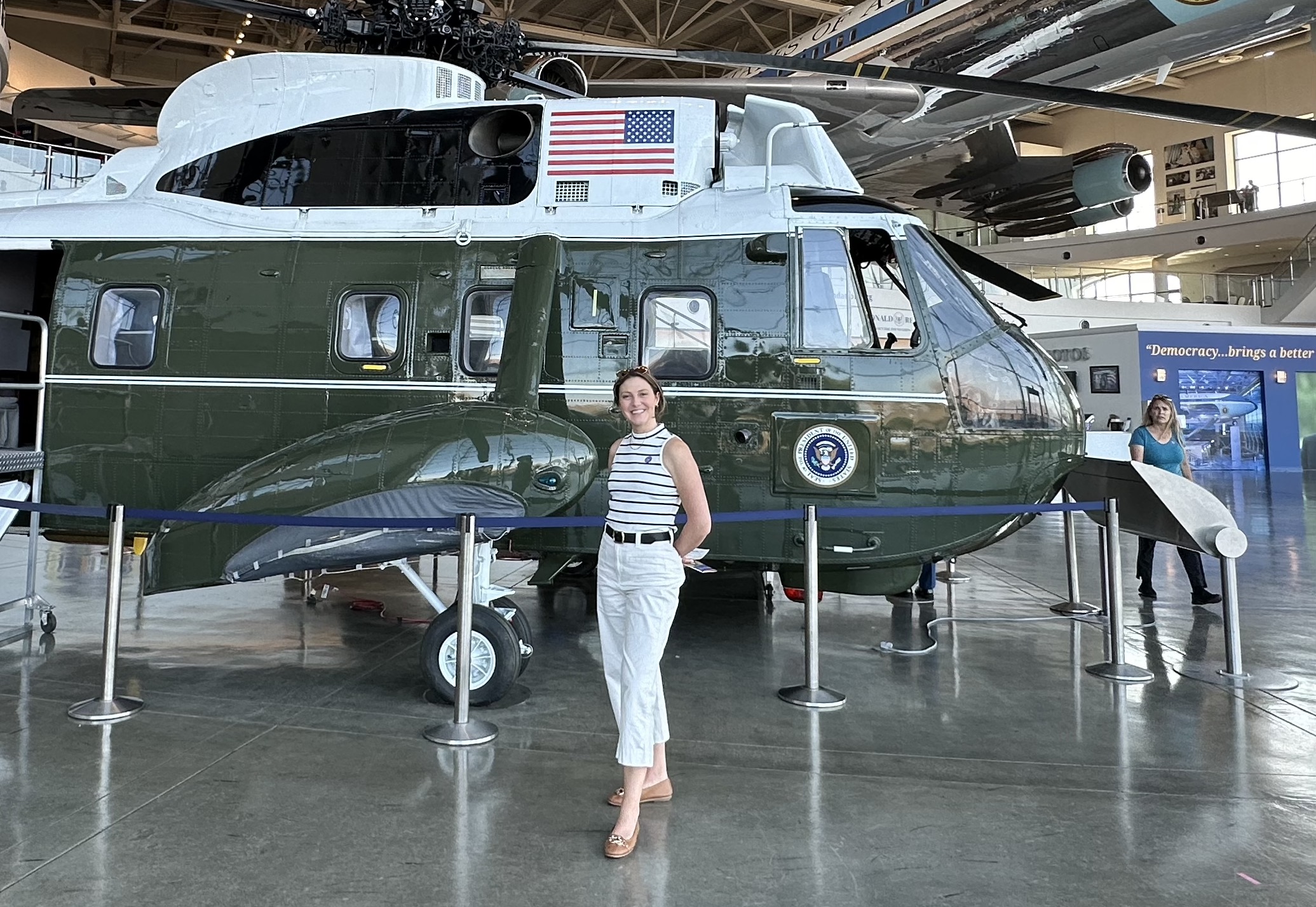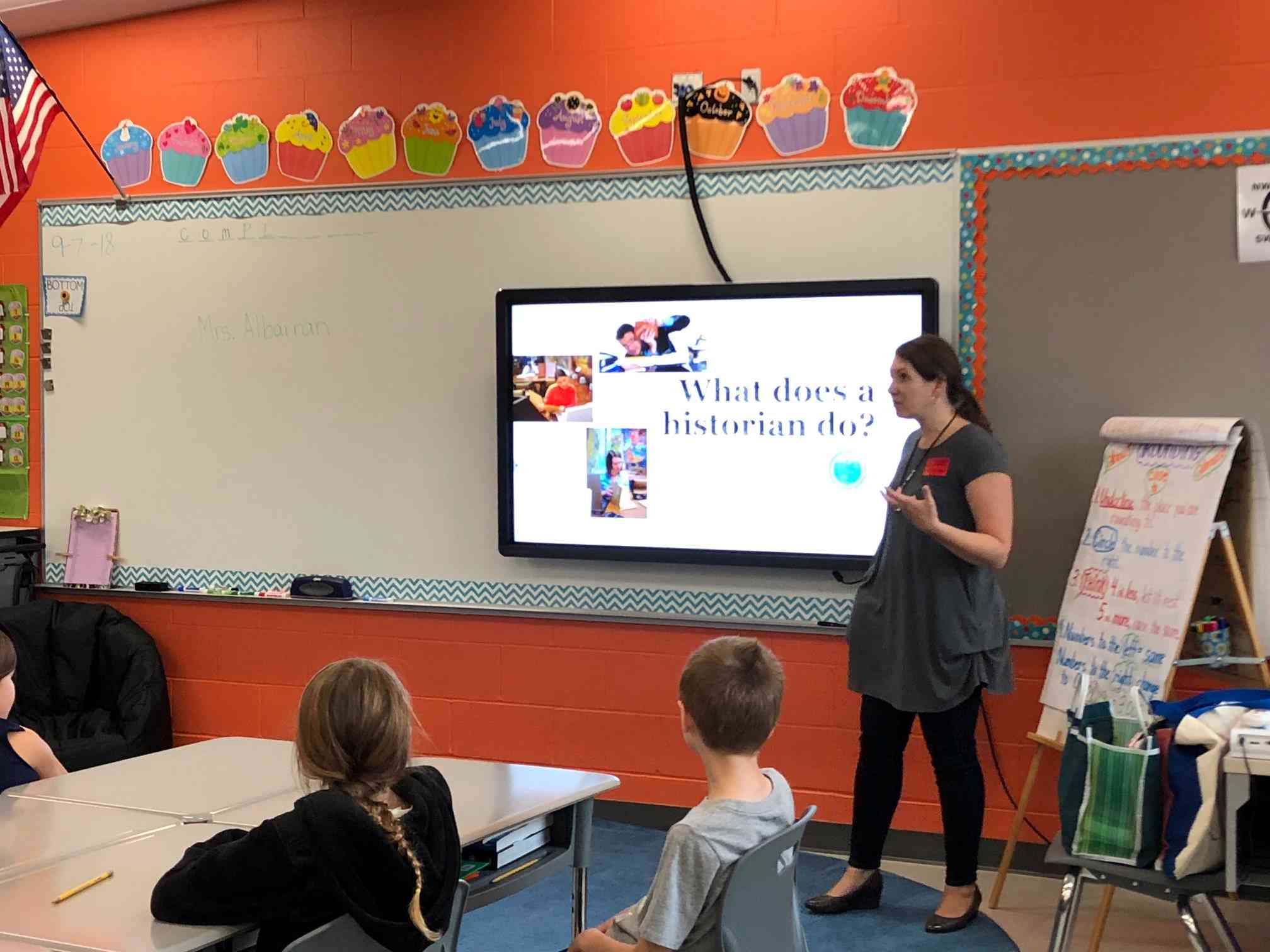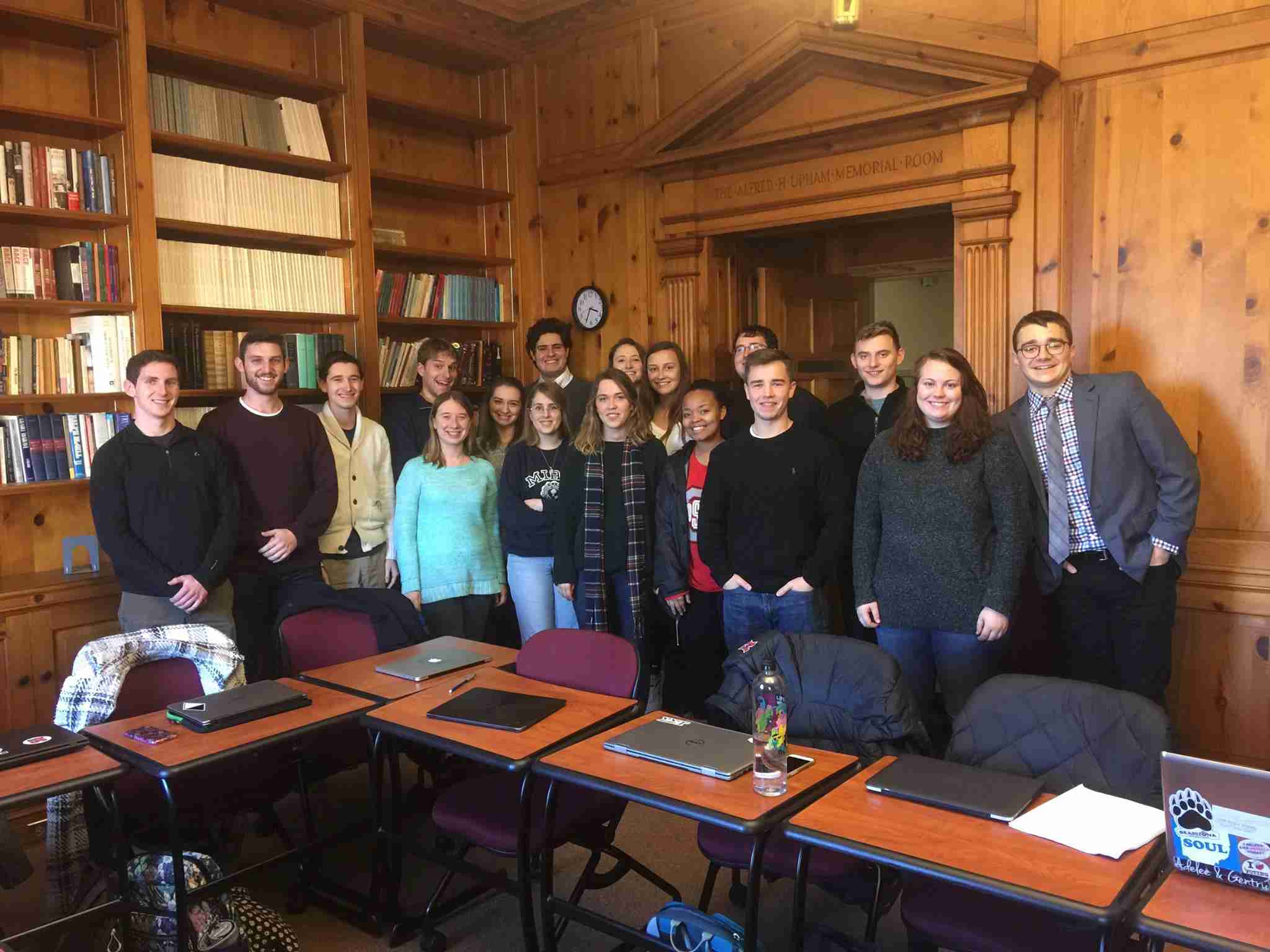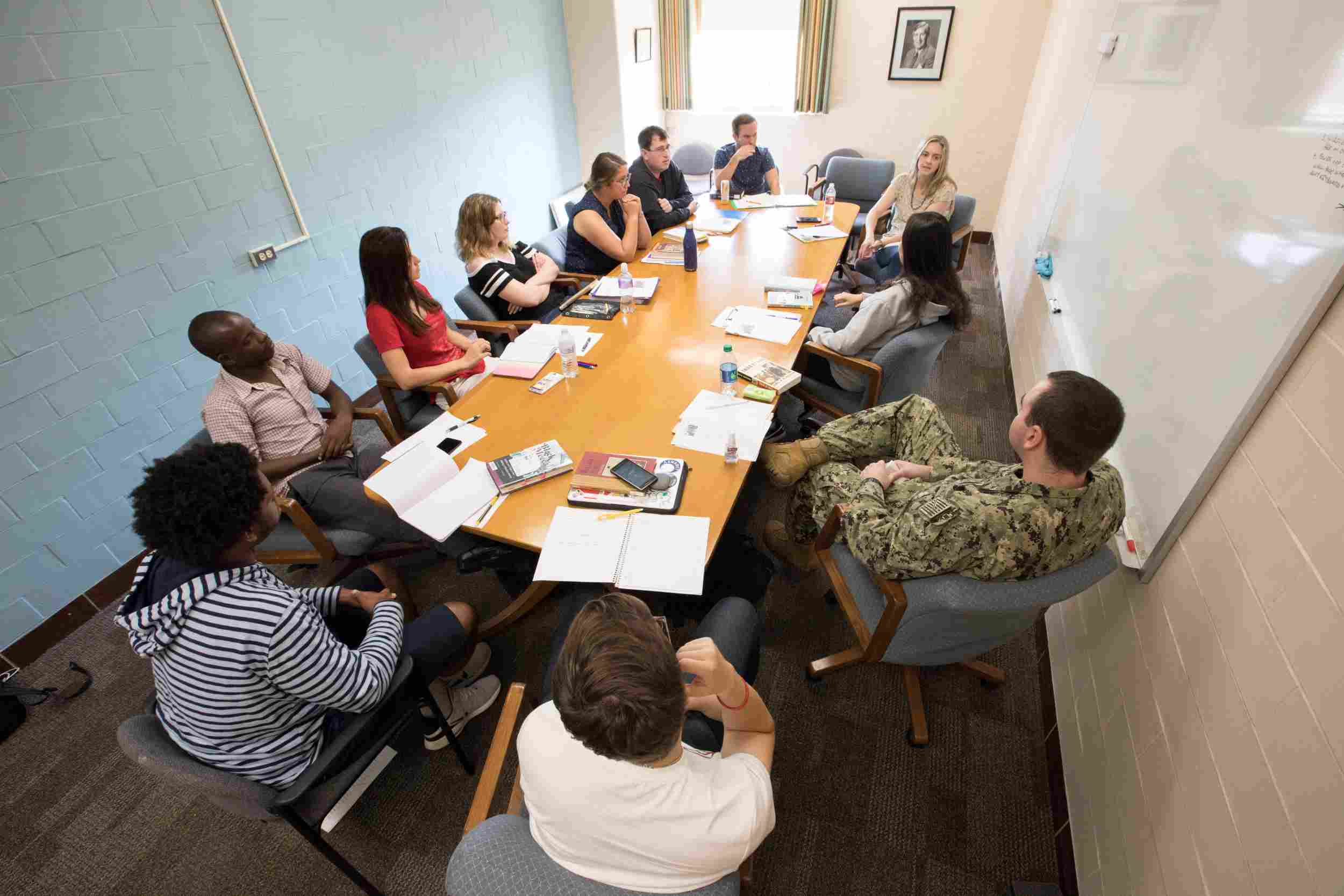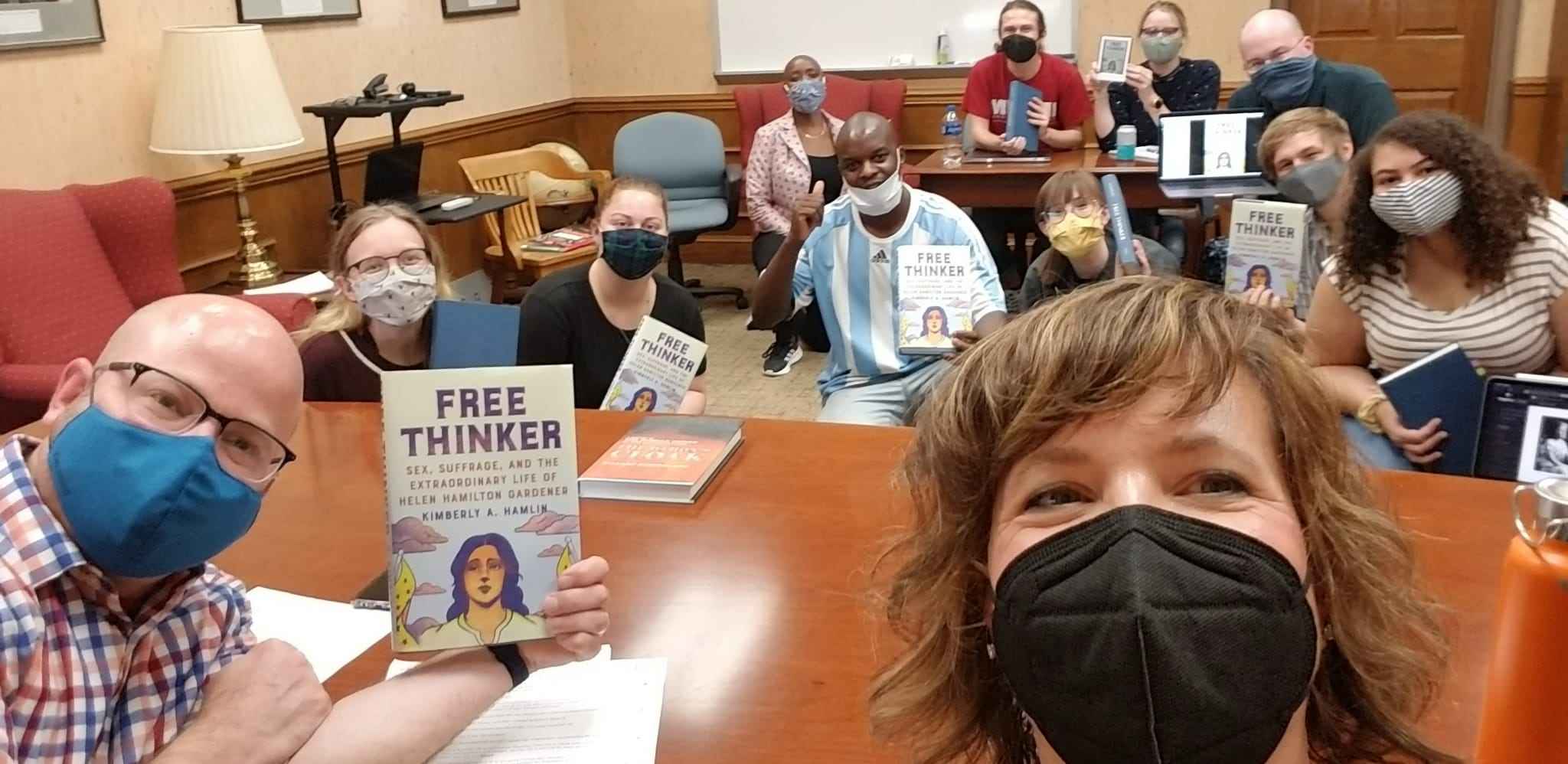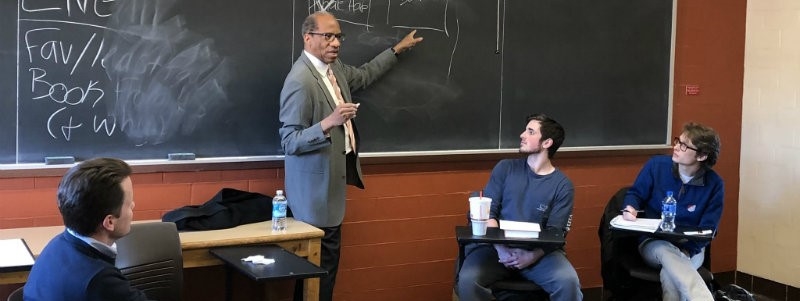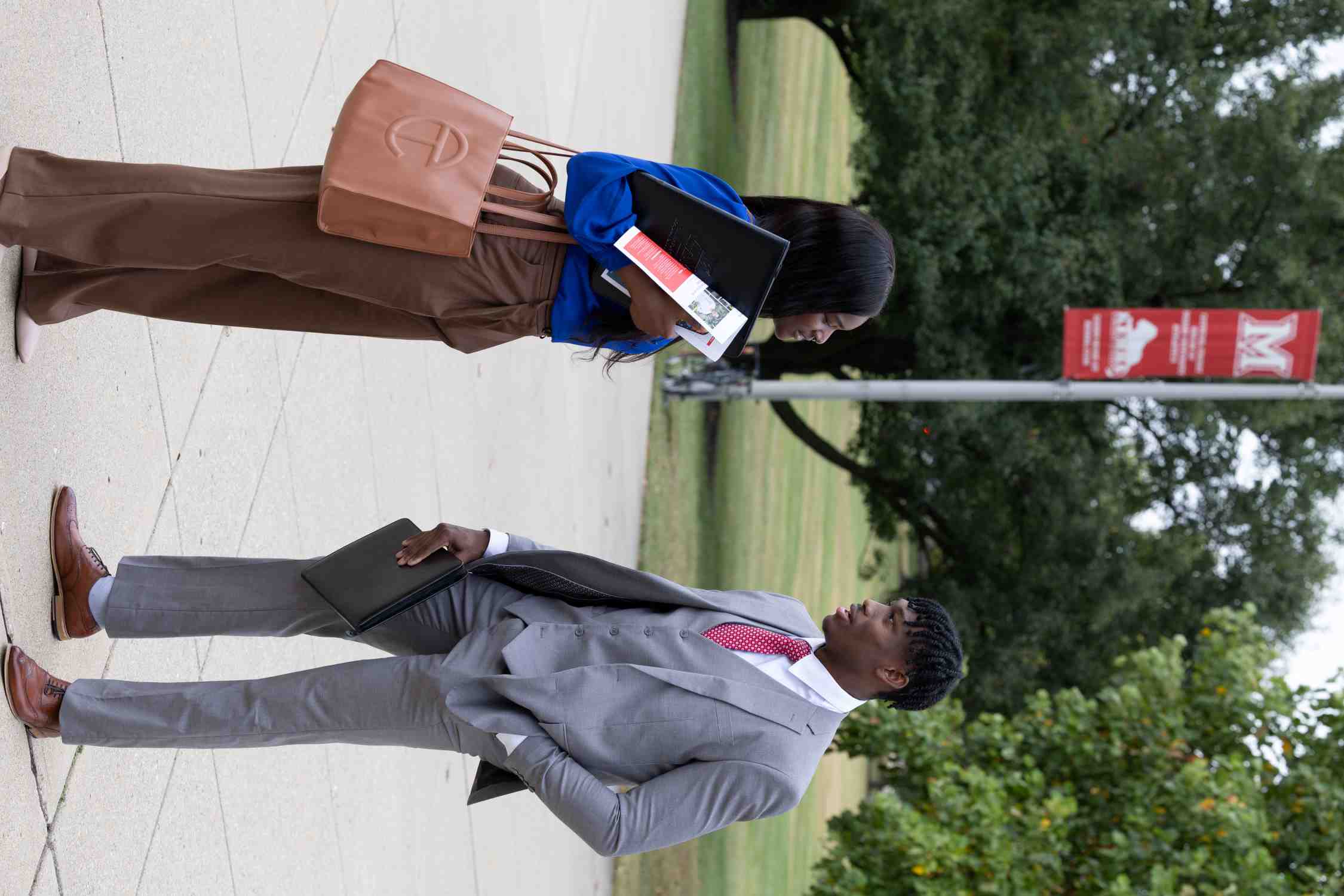Application Requirements
An "Internship Agreement" form must be submitted to the Department Chair. Forms are available in the History Department office, Room 256 Upham.
Also, the student must deliver a letter in which the host entity supervisor agrees to manage the internship, explains the intern's responsibilities, and agrees to submit a letter of evaluation of the internship to the faculty sponsor at the completion of the experience.
Students must be enrolled in the internship course at the same time as they are completing the internship (for example, one may not sign up for internship credit in the Fall term for an internship completed over the summer). Please remember that the university will bill you for any credit hours for which you enroll, including internship hours in the summer, at the prevailing rate.
